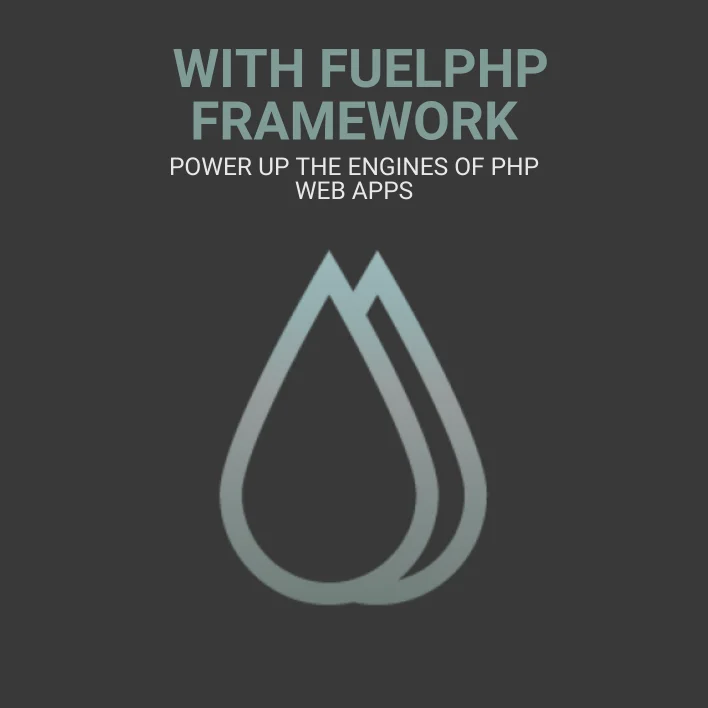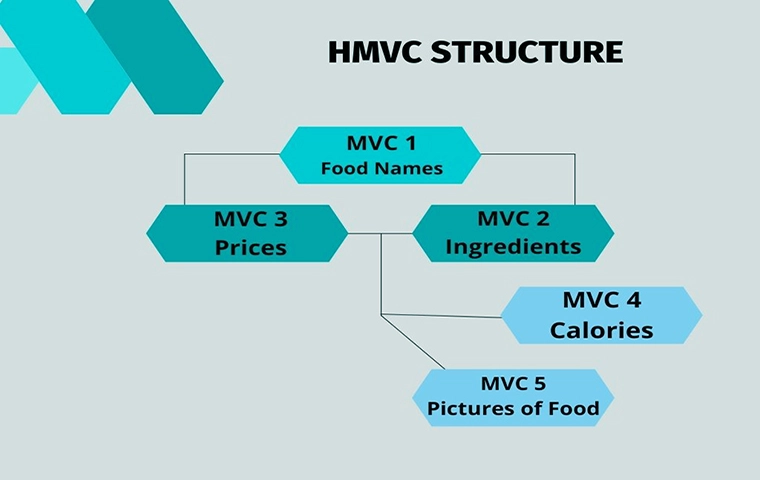The New Era of AI in 2025: From Gemini 3 to Creative AIs
Learn about the best AI tools for 2025, including Nano...
We use cookies for our website to give you the most relevant experience by remembering your preferences. By clicking “accept”, you consent to use of ALL the cookies
This website uses cookies to improve your experience while you navigate through the website. Out of these, the cookies that are categorized as necessary are stored on your browser as they are essential for the working of basic functionalities of the website. We also use third-party cookies that help us analyze and understand how you use this website. These cookies will be stored in your browser only with your consent. You also have the option to opt-out of these cookies. But opting out of some of these cookies may affect your browsing experience.
Necessary cookies are absolutely essential for the website to function properly. These cookies ensure basic functionalities and security features of the website, anonymously.
| Cookie | Duration | Description |
|---|---|---|
| cookielawinfo-checkbox-functional | 11 months | This cookie is set by GDPR Cookie Consent plugin. The cookie is used to store the user consent for the cookies in the category “Analytics”. |
| cookielawinfo-checkbox-functional | 11 months | The cookie is set by GDPR cookie consent to record the user consent for the cookies in the category “Functional”. |
| cookielawinfo-checkbox-necessary | 11 months | This cookie is set by GDPR Cookie Consent plugin. The cookies is used to store the user consent for the cookies in the category “Necessary”. |
| cookielawinfo-checkbox-others | 11 months | This cookie is set by GDPR Cookie Consent plugin. The cookie is used to store the user consent for the cookies in the category “Other. |
| cookielawinfo-checkbox-performance | 11 months | This cookie is set by GDPR Cookie Consent plugin. The cookie is used to store the user consent for the cookies in the category “Performance”. |
| viewed_cookie_policy | 11 months | The cookie is set by the GDPR Cookie Consent plugin and is used to store whether or not user has consented to the use of cookies. It does not store any personal data. |
Functional cookies help to perform certain functionalities like sharing the content of the website on social media platforms, collect feedbacks, and other third-party features.
Performance cookies are used to understand and analyze the key performance indexes of the website which helps in delivering a better user experience for the visitors.
Analytical cookies are used to understand how visitors interact with the website. These cookies help provide information on metrics the number of visitors, bounce rate, traffic source, etc.
Advertisement cookies are used to provide visitors with relevant ads and marketing campaigns. These cookies track visitors across websites and collect information to provide customized ads.
Other uncategorized cookies are those that are being analyzed and have not been classified into a category as yet.
Cyberia Tech, Inc. respects your privacy. This Privacy Policy explains how we collect, use, and share your information. By using our services, you agree to this policy. If any other agreements conflict with this Privacy Policy, the terms of those agreements prevail.
Cyberia Tech complies with the EU-US and Swiss-US Privacy Shield Frameworks for handling personal data from the EEA, UK, and Switzerland. In case of any conflict, the Privacy Shield Principles prevail. Learn more at Privacy Shield. Key Definitions
Information linked to an individual, transferred from the EEA, UK, or Switzerland to the U.S.
Data revealing race, religion, health, sexual orientation, and similar categories.
Effective Date: [ 2026 / 03 / 04 ]
Welcome to The Cyberia Tech ! By accessing or using our website or services, you agree to
comply with and be bound by these Terms of Use and our Privacy Policy. If you do not agree with
these terms, please do not use our Services.
Loading
0 %

You should stop hunting for a versatile PHP framework since the FuelPHP framework is the answer to your problem. Fuel PHP framework is a fast and versatile platform to which many brilliant developers contributed.
Since 2010, developers have been working on it, and the Fuel framework team has grown over time. The first practical version was released in 2011; it was the type that may be utilized for development projects.
Despite the fact that Fuel is a lesser-known PHP framework, we attempted to present the most complete study of it in this post. Start by filling the tanks with “Fuel” and reading the article.
Table of Contents
Fuel PHP is an open-source and community-driven framework project that focuses on applying the best ideas of other PHP frameworks. A community-driven project or community-driven development (CDD) is a process, in which a team of developers works on a certain project and other people can join freely.
The purpose of some open-source projects is to keep the budget to a minimum; therefore, asking a group of technicians to contribute to the project is helpful. FuelPHP framework has gathered a group of over 300 developers since early 2011. Even some developers who have contributed to the CodeIgniter project came on board with the Fuel team.

The beauty of CDD initiatives is that they are the result of the collaboration of fantastic individuals with brilliant brains and real ideas.
The Fuel framework is a wonderful amalgamation of professional developers who put all of their efforts into building a comprehensive, yet lightweight framework. Fuel PHP is constantly seeking new ideas, and you can even join their team right now if you’re interested.
Before starting working with Fuel PHP, make sure to build the mindset that you are working with a framework that has the exceptional brains of many developers behind it. Therefore, the Fuel PHP framework is all about innovation and care for details.
In general, the FuelPHP framework, like other PHP frameworks, follows the MVC pattern, although Fuel takes a step beyond and introduces new topologies. Fuel PHP also employs the HMVC (Hierarchical-Model-View-Controller) framework.
The HMVC is a more sophisticated and efficient variant of the MVC. Let’s use an example to describe the model: imagine you run a restaurant and have an ordering app. Your app’s database has many types of data, such as a list of food names, a table of their ingredients, and pricing lists. These are the datasets that the client examines and orders based on.
Each dataset is a module, and each module has its own set of Controllers and Models. When a client makes a request, the request is routed via multiple models in order to obtain the necessary data and alert the appropriate Model.

You can see in the image that each module contains specialized data that is organized in a hierarchical framework. As a result, if a user makes a request and searches for an image of meal 1, the request will be routed through all of the modules to get the proper answer.
You may be surprised that this is a more efficient way, given that the entangled nature of its structure suggests that it is a time-consuming operation. This paradigm, on the other hand, is far more efficient than the MVC framework.
HMVC offers various benefits:
Working with the Fuel PHP framework allows you to make use of the HMVC structure. The Fuel framework also provides another data management mechanism called ViewModel in addition to this structure.
This method’s structure is mostly identical to the previous ones. The ViewModel section has been introduced to store specific, fixed UI components. If a developer changes a controller in the UI, the entire design is ruined; as a result, some prefer to put the principles of the UI in the ViewModel.
In this instance, the data will be better organized and easier to comprehend, and nothing will interfere with the app’s business logic. This feature of FuelPHP is bliss for the developer and the user since the UI would stay the same even if the user leaves the app.
Even though it is basic and small, the Fuel framework provides a sufficient variety for its users to develop any Framework of PHP. Fuel PHP, like its PHP cousins, includes extensive documentation, strong security, secure authentication, and a lightweight ORM.
The Oil is a special package for the FuelPHP framework, and as its name suggests it is to facilitate the command line and increase the speed of the development process. It can be used for multiple purposes, from building MVC components to running PHP Unit tests and debugging codes.

The Fuel PHP did its hardest to achieve popularity, but its competitors are tough. If you want to employ the Fuel framework for your next web application development project, we recommend that you explore its disadvantages as well.
Other fierce opponents of Fuel PHP would never allow it to become the dominant PHP framework; however, Fuel attempted to enlist the assistance of developers all around the world in order to remain free. As a result, it is unfair to compare it to well-known frameworks like Laravel, which have substantial financial backing.
Fuel’s documentation is still insufficient, and a developer may require third-party libraries.
In comparison to earlier frameworks like CodeIgniter, developers haven’t had the opportunity to work with Fuel, and it has a smaller community with roughly 1.4K GitHub starts, compared to 18.2K and 69.7K for CodeIgniter and Laravel, respectively.
Another issue that some of its users are concerned about is the vast number of Fuel PHP developers. If any of the team members resign, the framework will face major problems. However, the crew appears to have remained committed to the initiatives over the years.
It’s true that the GROW framework has its place in goal-oriented corporate situations, but the more flexible FUEL discussion structure is more suited to achieving behavioural results, challenging preconceptions, and fortifying the coach-coachee connection.
What PHP framework is fuel built on?
Because it is developed in PHP 5.3, the minimum version required for V1. x is 5.3. Cascading File System is a directory structure that is in part based on namespaces used by classes (it was influenced by the Kohana framework).
We have made every effort to give the most relevant information regarding the FuelPHP framework. Despite the fact that Fuel PHP is not a new framework, PHP developers have not had the opportunity to become better familiar with it.
Despite its sparse documentation and small size, the Fuel framework provides unexpected functions. If you choose the Fuel PHP framework, make sure to take use of all of its fantastic features and services.
If you have any queries regarding Fuel PHP, please contact us or leave a comment if you have worked with it before. Cyberia provides a wide range of web app development services, and we are here to assist you.
You Can Get More Information!
